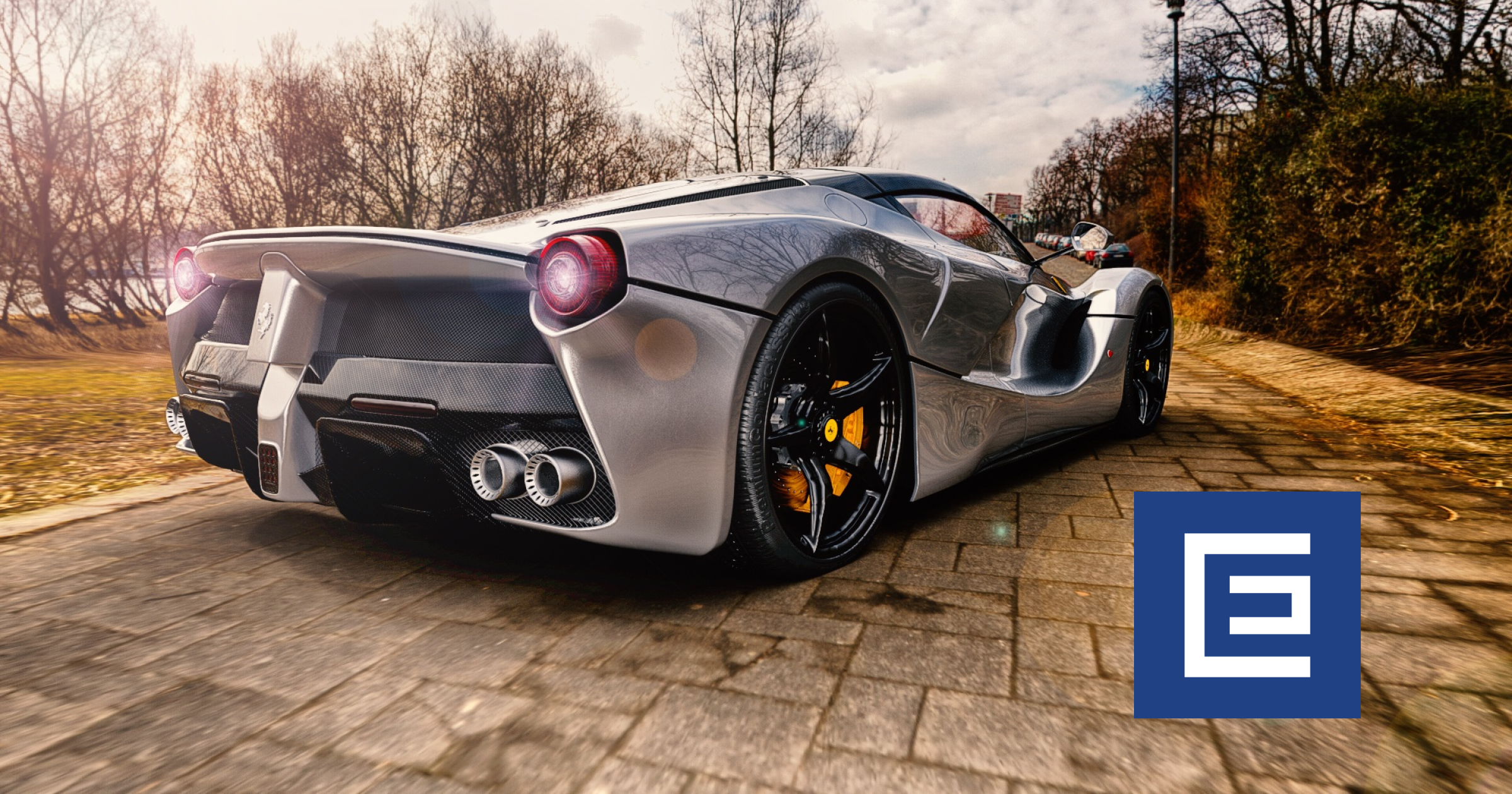- The sale of new cars with classic combustion engines will be banned after 2035.
- Germany has agreed with the European Union on an exemption that only covers synthetic fuels, not biofuels.
- The requirements for cars running on synthetics should be ready by the fall of 2024.
On Tuesday, the EU states finally agreed to ban the sale of new cars with internal combustion engines running on conventional gasoline or diesel starting in 2035. However, cars running on synthetic fuels will probably get an exception in the end. Only Poland was against. Italy, Bulgaria and Romania abstained. Slovakia and the Czech Republic also supported the ban.
Originally, EU member states agreed that from 2035 no new cars that emit greenhouse gases would be sold.
However, Germany changed its mind just before the final vote and came up with a request that the ban should not apply to combustion engines that are filled with synthetic fuel.
Berlin was joined by other countries, including Slovakia. Together, they formed a group strong enough to block the ban on incinerators. In addition, Italy came up with the request that not only artificially produced synthetic fuels, but also biofuels from biomass should be exempted.
On Saturday, the vice-president of the European Commission responsible for the fight against the climate crisis Frans Timmermans on Twitter he announcedthat they agreed with Germany.
The result of the compromise is that new cars with internal combustion engines will be able to be sold after 2035, but only those that are filled with synthetic fuels, also called e-fuels. This is “artificial gasoline” that theoretically does not create new greenhouse gas emissions.
In this text, we answer the ten most important questions about what cars will be sold after 2035 and what this means for drivers.
- When exactly will the ban on the sale of new cars with classic internal combustion engines apply?
- Is the exemption for e-fuels certain?
- How will cars on synthetic fuels differ from those on conventional gasoline and diesel?
- Does the ban on new internal combustion engines also apply to cars other than passenger cars?
- Will there be enough synthetic fuels to replace gasoline and diesel?
- How much will synthetic fuels cost?
- Will the exemption also apply to biofuels?
- Will there be enough electric chargers and electricity for electric cars?
- What did Germany want when it asked for an exception?
- How big a problem are emissions from passenger cars?
1. When exactly will the ban on the sale of new cars with classic internal combustion engines apply?
From January 1, 2035.
2. Is the exemption for e-fuels already certain?
Not. Germany first
